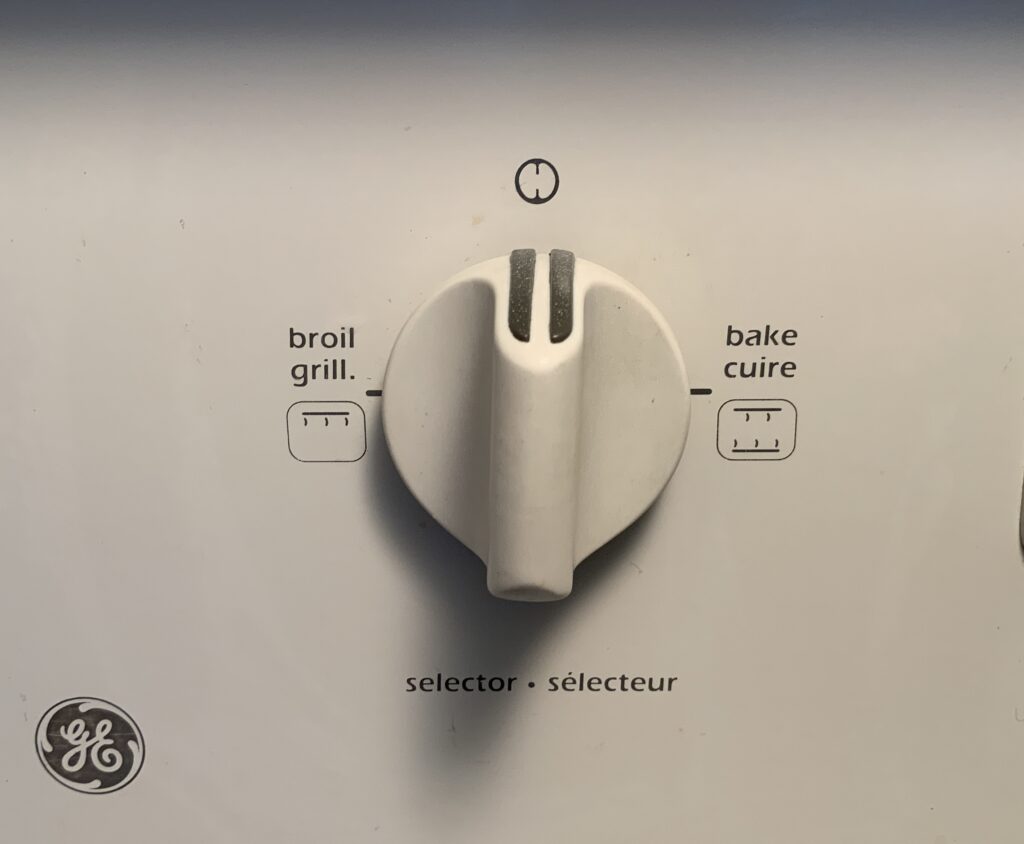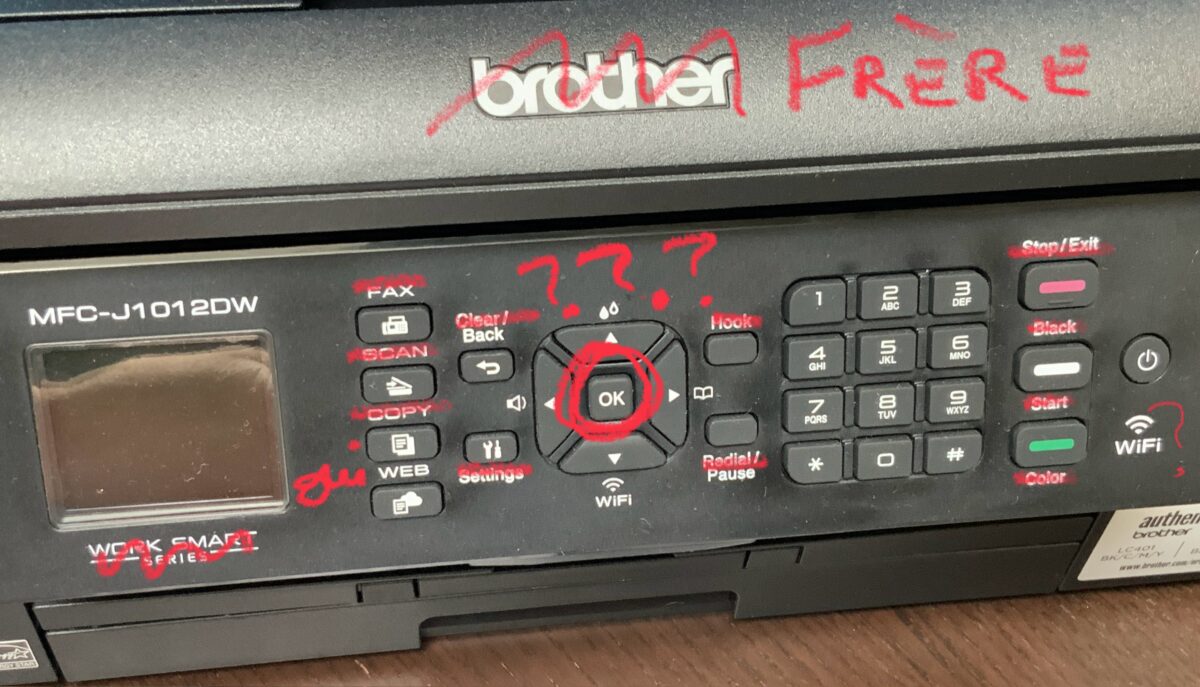As language regulations tighten, manufacturers may be saying “adieu” to Quebec
As the 2025 deadline for compliance with Bill 96 creeps closer, retailers and manufacturers are signaling their anxiety about the possible effects. Not only must merchants convert their signage to French, but manufacturers have a choice: use French labeling on their appliances and electronics, or withdraw their products from sale in Quebec.

That means not only must your cooktop instruct you to “cuire” as well as “bake,” but your Marshall amp must direct you to “activer” when you want to boost your jam to 11.

This is of particular concern to Quebec music stores, where most instrument supplies and specialty electronics are labeled in English. According to Xavier Twigg, owner of Twigg Musique Montréal, most music manufacturer brands are small and only create one product label for worldwide distribution. From the CBC article:
Twigg said they will prioritize brands that already have French labelling. However, he noted that many American and European brands are less interested in changing their packaging for the Quebec market, as it represents a small portion of their sales — about one per cent, he said.
Though many regular appliances sold in Canada have voluntarily used dual-language labels for years, it has not been legally mandatory in Quebec until Bill 96 became law in 2022. We’ve written many posts on this blog documenting the aggressive enforcement of the law in many sectors, from signage to schooling to medical care. In light of the heavy hand with which the province has implemented Bill 96 thus far, the worries of manufacturers and retailers are not unjustified.
If the language-law enforcement bureau insists that music product labels have French first and in larger type than any English text (as is required by the law) it can issue daily fines for any store that carries improperly labeled goods. This could devastate music industry sales in Quebec and lead to many items becoming unavailable in the province.
Redesigning and re-engineering products to conform to Bill 96 can be expensive; smaller manufacturers may choose to stop selling in Quebec rather than take a hit to their bottom line.
Additionally, since stores can be fined for selling non-compliant items, their inventory and profitability will also be reduced. Many fear this will lead to the closure of music stores across the province.
Says Steve Long, the President of Canadian music chain Long & McQuade:
“They’ll just say, ‘I’m sorry, we won’t sell them. We won’t sell them in Quebec.’ So of course, people will still buy them. They’ll just buy them from an online company that’s not based in Quebec.”
Last month, after the province backed down on its assertion that anglophones needed to show a language certificate before receiving medical care in English, some were hoping that the Legault government might see fit to accommodate specialty manufacturers too.
However, provincial language authorities have shown no sign that they will make any exceptions. Though Legault’s popularity is waning as politicians jockey for position before next year’s provincial elections, he’ll still be in office for the June 2025 compliance deadline, and it looks like the “French first” law will be strictly enforced as long as his administration rules the roost.
Legault’s obsession with stamping out English in Quebec is causing significant harm to business and consumers in the province, and it seems just one more instance of Quebec cutting off its economic nose to spite its English face. We’ll see if the majority of voters here approve of Legault and his Bill 96 in October 2025, when Quebec goes back to the ballot box.

